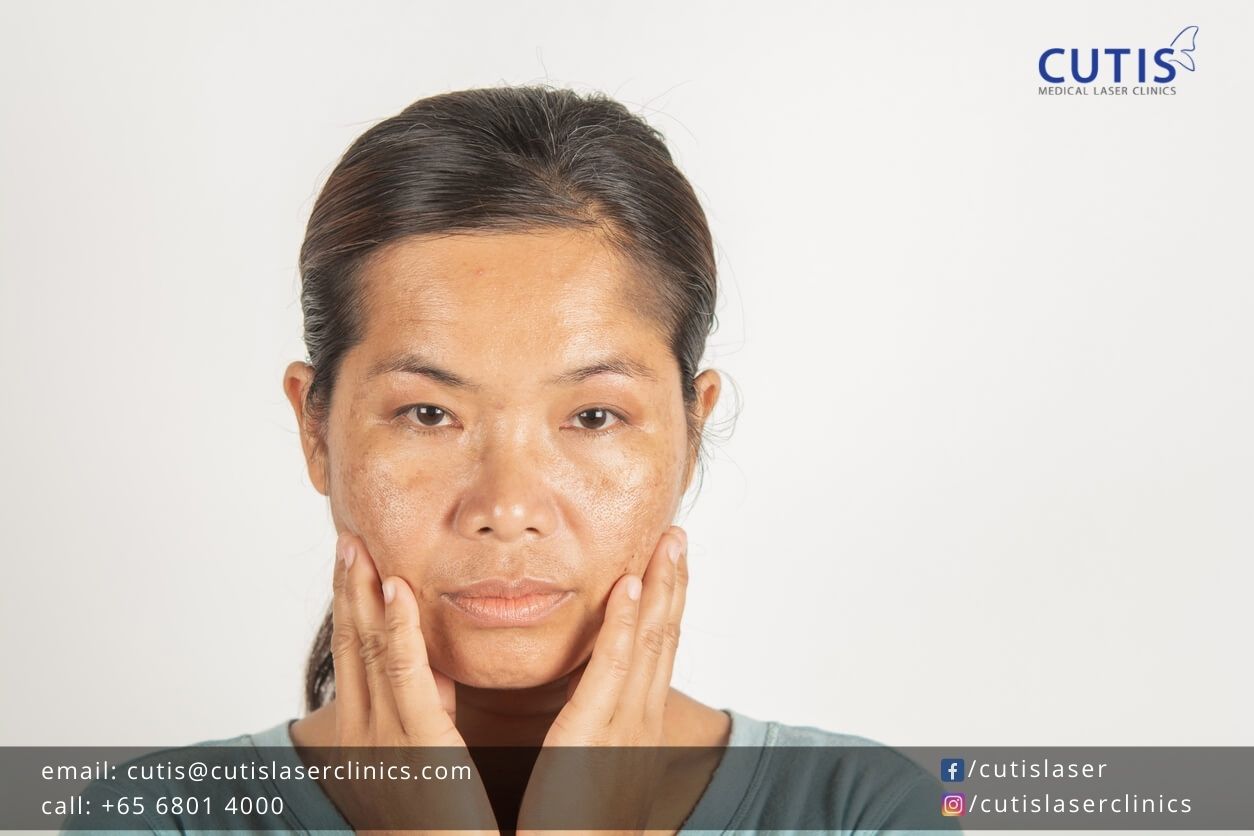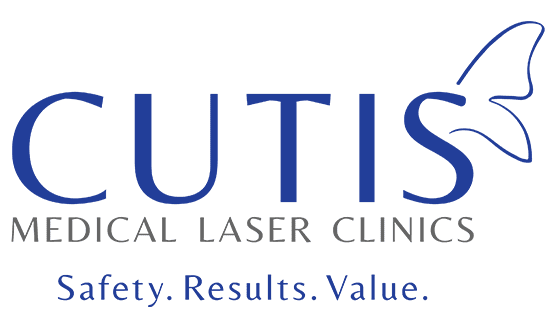 Your hormones can cause your skin to act out, contributing to a number of unwanted skin issues. Hormonal fluctuations can happen at age, more commonly during menstrual cycle, pregnancy, and menopause. Pimples, which usually show up during or before periods, are one common concern and is seen as a sign of hormonal imbalance.
Your hormones can cause your skin to act out, contributing to a number of unwanted skin issues. Hormonal fluctuations can happen at age, more commonly during menstrual cycle, pregnancy, and menopause. Pimples, which usually show up during or before periods, are one common concern and is seen as a sign of hormonal imbalance.
The link between acne and hormones
Ever wondered why pimples suddenly appear before or during your menstrual cycles even though your skin is usually blemish-free? You can blame your hormones. The female menstrual cycle causes the hormone levels to increase and decrease, which can negatively affect the skin.
Before your menstruation begins, your estrogen (main female sex hormone) and progesterone (another female hormones) levels drop. The testosterone (main male sex hormone that can be both present in men and women) levels then rise, causing excess sebum production. This can clog the pores, make your face shiny, and trigger acne.
You should also know that testosterone levels also rise during puberty in both males and females. This can contribute to body growth, as well as excess sebum and acne. This explains why acne is extremely common during teenage years. This usually gets better after puberty, but there are also cases where it can continue in adult years.
Acne and pregnancy
Hormones also fluctuate during pregnancy. When you’re carrying a child, your androgens (male hormones) level increases, which causes an increase in sebum production, triggering acne. Those who are also prone to developing acne prior to being pregnant are more likely to have pregnancy acne.
Acne during pregnancy is common during the first and second trimesters. At this period, your hormones go overdrive, causing your sebaceous glands to produce more oil. As mentioned before, excess sebum can clog the pores and cause the bacteria to accumulate, resulting in breakouts.
Fortunately, blemishes usually improve after giving birth. There are cases, however, where it may continue for weeks or months. This mostly depends on how long it takes for your hormone levels to go back to normal levels.
Skin problems and menopause
A variety of skin changes can happen during menopause. Acne is also a problem during this period and this is because of the decline of female hormones before and during menopause. Other noticeable skin changes during this time include:
- Dryness – The skin can become dry during menopause, as the estrogen level declines. This hormone can help prevent dry skin by stimulating collagen and oils.
- Loose skin and wrinkles – Collagen declines in menopause and this can lead to loss of elasticity, including sagging skin, jowls, and wrinkles.
- Skin pigmentation – You are likely to see the effects of unprotected sun exposure at this time. Age spots or sun spots can appear on frequently exposed areas like the face, neck, chest, hands, and arms.
- Skin sensitivity and rashes – The pH level of your skin changes with age and this can also cause the skin to become sensitive and more prone to developing rashes and irritation.
- Bruise easily – A drop in estrogen levels can cause the skin to become thinner, which bruises more easily. Hormonal shifts can also lead to thinning skin and reduced ability of the skin to repair itself.
- Slow wound healing – A drop in hormone levels can negatively affect how your skin heals. During this period, you may notice that your wounds can take longer to heal.
How to protect your skin
There are a number of ways to protect your skin, as well as keep your acne and other skin conditions under control. A few things that can help include:
- Take care of your skin – This means maintaining a regular skin care routine that is right for oily or acne-prone skin. You can consider skin care products with salicylic acid to unclog pores and benzoyl peroxide to kill acne-causing bacteria. Both are ideal for treating mild acne.
- Consult a doctor – If you’re looking to manage your acne and hormones, getting professional advice can help. S/he may recommend contraceptive pills to improve your acne or any other acne medication.
- Mind your lifestyle – Keep your body healthy and in good shape by exercising daily, eating a balanced diet, and getting adequate sleep. You can also add in foods that can help balance your hormone such as leafy greens, flaxseed, avocadoes, soy, and legumes.
- Manage stress – An increase in cortisol (stress hormone) levels leads to increased sebum production, which can trigger breakouts. Try to manage stress by identifying and avoiding your triggers, as well as doing yoga, meditation, and deep breathing exercises.
- Consider aesthetic treatments – If OTC treatments don’t work, you can seek expert help. Your dermatologist or aesthetic doctor may tailor a plan based on your concerns or also recommend products that can help combat acne.
- VI Peel Purify – This type of VI Peel treatment is ideal for active acne, as well as oily and breakout-prone skin. It has a unique formula that can kill acne bacteria, reduce comedones, and increase cellular turnover.
-
- Cutis Anti-Acne Peel – It reduces acne due to its high yet safe concentration of salicylic acid. This chemical peel is ideal for mild or moderate acne vulgaris on the face, neck, and back.
- Clarifying Facial with Sapphire – It uses the Sapphire Blue light therapy to minimize pores and kill acne-causing bacteria. This medical-grade facial can also clear inflammation and address other skin surface problems.
Hormonal changes can have a big impact on your skin. Seek expert help if you’re looking to manage skin changes brought on by hormonal fluctuations. You can also contact Cutis Medical Laser Clinics in Singapore and schedule a consultation with our aesthetic doctor for treatments that can help you achieve clear and glowing skin.
- If you would like to be an informed patient, please contact us at +65-6801-4000 or
hello@cutislaserclinics.com. - Cutis Medical Laser Clinics, 9 Scotts Road Pacific Plaza, Scotts Medical Center #08-07, Singapore – 228210
+65-6801-4000 - hello@cutislaserclinics.com

You must be logged in to post a comment.